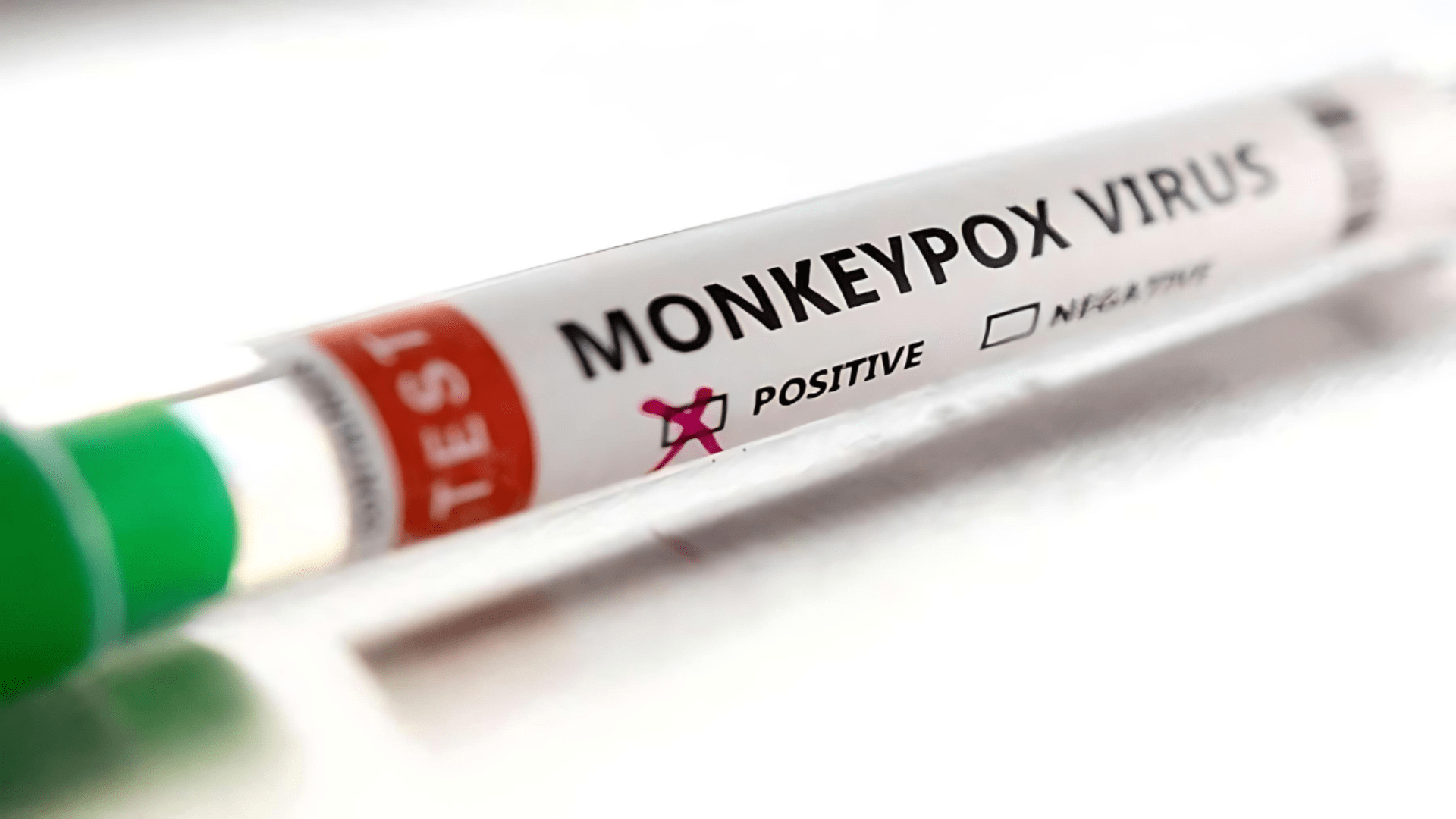Mpox, formerly known as Monkeypox, has been raising concerns globally, with increasing cases reported in several countries. Experts are now questioning whether this virus could lead to another pandemic similar to COVID-19. In this article, we’ll explore the latest updates, symptoms, transmission risks, and expert opinions on whether we should be worried about Mpox.

Image Credit:- Twitter
What is Mpox?
Mpox is a viral disease closely related to smallpox, although typically less severe. The virus is primarily transmitted through close contact with an infected person or animal, contaminated surfaces, or respiratory droplets. It has resurfaced with more severe outbreaks recently, prompting health officials to take notice.
Rising Concerns: Could Mpox Become a Pandemic?
The recent rise in Mpox cases, especially in Africa and parts of Europe, has sparked concerns among health experts. Unlike COVID-19, Mpox is not as contagious; however, experts warn that the virus has potential to spread widely due to globalization and travel. As Mpox is spread through close physical contact, containing it in densely populated areas can be difficult.
While experts believe that the likelihood of Mpox causing a pandemic on the same scale as COVID-19 remains low, they emphasize the importance of monitoring the situation. Early detection, vaccination, and public awareness will be critical in preventing widespread transmission.
Symptoms and Transmission
Common Symptoms of Mpox
Mpox presents with symptoms like fever, headache, muscle aches, and swollen lymph nodes. One distinctive feature is the rash that starts on the face and spreads to other parts of the body, forming painful blisters. Read Also:- Monkey Pox (Mpox): Symptoms, Transmission, and Prevention Strategies

How Mpox Spreads
The virus spreads through close contact with an infected person or their bodily fluids, contaminated materials, and, in some cases, respiratory droplets. Mpox is not known to spread as easily as COVID-19, but the rising number of cases has made health officials issue warnings, particularly for healthcare workers and those in close contact with infected individuals.
The WHO's Dr. Michael Ryan on the so-called "Mpox global health emergency":
— Wide Awake Media (@wideawake_media) August 16, 2024
"The world needs to, in this case, as it did for Covid and in other diseases, come together to make sure that we're doing surveillance together… that there's political commitment, that there's… pic.twitter.com/6XbVFxjNqL
Expert Opinions: Should We Be Worried?
Health officials are split on the potential threat Mpox poses. Some argue that, given its transmission method, an outbreak could be contained more effectively than COVID-19. Others, however, stress the need for vigilance due to recent spikes in cases. The lack of widespread immunity and limited access to vaccines in certain regions poses additional challenges.
The Africa CDC recently reported a 107% increase in Mpox-related deaths within a single week, calling the toll “unacceptable.” This has spurred calls for increased efforts in vaccination campaigns and awareness programs to curb the virus’s spread.
While Mpox is unlikely to cause a global pandemic on the same scale as COVID-19, it still requires careful monitoring and timely action. Public health measures such as early detection, vaccinations, and education can prevent widespread transmission. The key takeaway is that while the threat level remains moderate, continued awareness and vigilance are essential in managing future outbreaks.
What exactly is Mpox, and how is it different from COVID-19?
Mpox is a viral infection similar to smallpox, spreading through close contact, unlike COVID-19, which is airborne.
Is Mpox contagious, and how does it spread?
Yes, Mpox spreads through close physical contact with an infected person or contaminated materials.
What are the most common symptoms of Mpox?
Mpox typically causes fever, headaches, swollen lymph nodes, and a rash that develops into painful blisters.
Can Mpox become a global pandemic?
Experts suggest Mpox is less likely to cause a pandemic like COVID-19, but it still needs careful monitoring.
Who is most at risk of getting Mpox?
Healthcare workers, close contacts of infected individuals, and people in areas with outbreaks are at higher risk.
Is there a vaccine for Mpox?
Yes, vaccines used for smallpox are effective against Mpox and are being deployed in affected regions.
How can I protect myself from Mpox?
Avoid close contact with infected individuals, practice good hygiene, and follow public health guidelines.
How severe is Mpox compared to other viral infections?
While Mpox can cause serious illness, it is generally less severe and less contagious than diseases like smallpox or COVID-19.
Why has Mpox become a concern recently?
Rising cases and outbreaks in several regions have prompted health officials to raise awareness and take preventive actions.
What should I do if I suspect I have Mpox symptoms?
Seek medical attention immediately for proper diagnosis and to prevent the spread of the virus.


